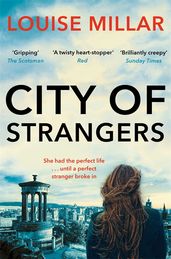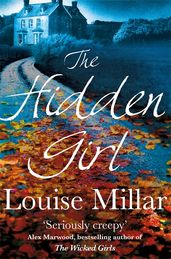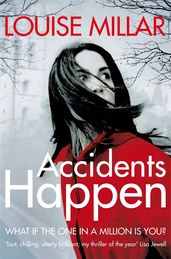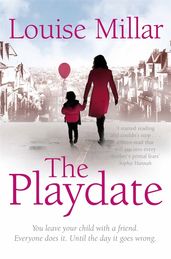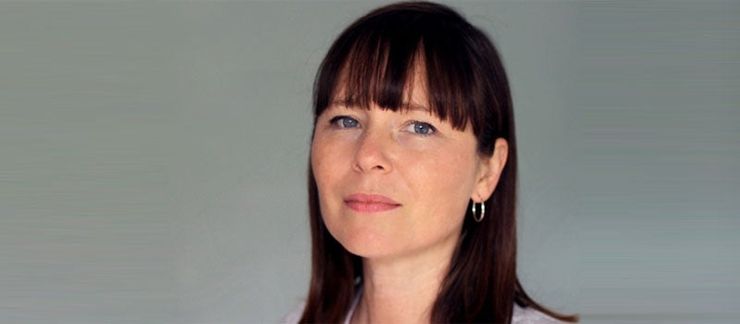Louise Millar
Louise Millar grew up in Scotland. She began her journalism career in music and film magazines, and was a senior commissioning editor at Marie Claire. She has written for the Guardian, Psychologies, Stella, the Independent, the Observer, The Times and Stylist. She is co-founder of the crime-writing collective killerwomen.org.
